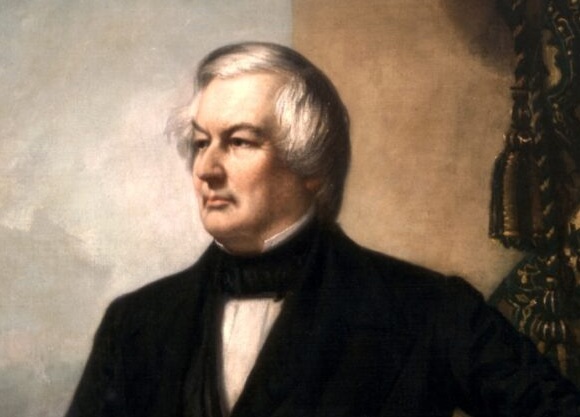Introduction
Andrew Jackson, the seventh president of the United States, is often hailed as the "People’s President." His presidency marked a pivotal moment in American history, characterized by the expansion of voting rights and the rise of populist sentiment. This article explores Jackson’s populist appeal and the transformative impact of Jacksonian Democracy on American politics and society.
Andrew Jackson: A Man of the People
Born into a poor family in 1767, Andrew Jackson rose to prominence through a combination of military prowess and political acumen. He served as a general in the War of 1812, earning the moniker "Old Hickory" for his toughness and resolve. Jackson’s humble origins and frontier background endeared him to ordinary Americans, who saw in him a reflection of their own aspirations. He rejected the elitist tendencies of previous presidents, presenting himself as a man of the people, accessible and responsive to their needs.
Jackson’s populism extended beyond rhetoric. He expanded suffrage to include white male citizens who had previously been disenfranchised due to property requirements. This move, known as "universal white male suffrage," significantly increased the electorate and gave voice to a broader segment of the population. Jackson also appointed commoners to high-level government positions, challenging the traditional dominance of the wealthy and well-educated.
Jacksonian Democracy: Power to the Masses
Jacksonian Democracy, the political philosophy associated with Andrew Jackson, emphasized the supremacy of the common man. It promoted the idea that the government should be accountable to the people and that policies should benefit the majority rather than the elite. Jacksonians believed in the inherent goodness of the common man and advocated for policies that would protect their interests.
One of the key tenets of Jacksonian Democracy was the belief in limited government. Jacksonians sought to reduce the influence of the federal government and empower states and individuals. They opposed the establishment of a national bank and other measures that they perceived as intrusive or harmful to the common man. Instead, they favored a decentralized economy and local control.
The Jacksonian era also witnessed the rise of the Democratic Party as a national political force. Founded by Jackson’s supporters, the Democratic Party became the champion of the common man and the advocate for Jacksonian principles. The party’s platform included policies such as the expansion of suffrage, the abolition of property qualifications for office-holding, and the promotion of a more democratic society.
Summary
Andrew Jackson’s presidency marked a transformative period in American history. His populist appeal and the rise of Jacksonian Democracy empowered ordinary Americans and expanded the scope of political participation. Through policies such as universal white male suffrage, the appointment of commoners to government positions, and the promotion of limited government, Jacksonian Democracy shifted the balance of power towards the people. Jackson’s legacy continues to resonate today, shaping the ongoing debate over the role of government and the rights of the individual in American society.



